# Homemade Fudge Recipes: The Real Traditional Recipe
Fudge has long been a beloved delicacy, representing a delightful combination of sugar, butter, and sweet flavorings. Its rich texture and sweetness have made it a favorite among various age groups and cultures, leading to numerous variations. This article seeks to elaborate on the traditional homemade fudge recipe, explore the components that make it unique, and highlight its historical significance.
## Why is Sugar Used in Homemade Fudge?
Sugar, the primary ingredient in fudge, serves several critical functions in the recipe. It dissolves easily, creating a smooth texture, and its crystallization is essential for achieving the desired consistency in the fudge.
### The Benefits and Culinary History of Sugar
Sugar has been an integral part of culinary traditions worldwide for centuries. Initially used to preserve foods, it gradually transitioned into sweetening agents for desserts. In fudge making, sugar not only provides sweetness but also influences the texture and mouthfeel. The process of controlling sugar crystals during cooking significantly affects the ultimate quality of the fudge.
### Possible Alternatives to Replace Sugar
For those seeking to create a healthier version of homemade fudge or accommodate dietary restrictions, several alternatives exist:
- **Honey:** A natural sweetener that adds a distinct flavor profile.
- **Agave Syrup:** A lower glycemic index sweetener, suitable for a range of diets.
- **Maple Syrup:** Provides unique flavor nuances and pairs well with nut-based fudges.
## Ingredients in Homemade Fudge
To create a classic homemade fudge, certain ingredients are essential.
### Basic Products
1. **Granulated Sugar** - The cornerstone of the fudge recipe, providing sweetness and texture.
2. **Butter** - Enhances creaminess and richness, while acting as a binding agent for construction.
3. **Milk** - Typically whole milk or cream, crucial for achieving that characteristic smooth texture.
4. **Vanilla Extract** - Offers aromatic depth that complements the primary flavors.
### Essential Seasonings or Add-ins
Additions to the basic fudge can elevate flavor and variety:
- **Chocolate Chips or Cocoa Powder** - For the chocolate lovers; they deepen the fudge’s indulgent profile.
- **Nuts** - Pecans, walnuts, or almonds add texture and nutritional value.
- **Sea Salt** - A sprinkle can enhance sweetness while delivering a hint of savoriness.
## Preparation of Homemade Fudge
The method of making homemade fudge involves several distinct steps that require attention to detail for optimal outcomes.
### Step 1 – Preparing the Ingredients
Prior to starting, gather all ingredients and tools. Measure your sugar, butter, milk, and any additional flavorings or mix-ins. A heavy-bottomed saucepan is recommended to prevent sugar from burning.
### Step 2 – Pre-Cooking or Special Preparation
In a medium saucepan over medium heat, combine the granulated sugar, butter, and milk. Stir continuously to ensure the butter fully melts and the sugar dissolves without forming crystals.
### Step 3 – Mixing and Assembling
Once the mixture reaches a boil, stop stirring and allow it to cook undisturbed until it reaches the soft-ball stage (around 234°F to 240°F on a candy thermometer). This temperature is crucial for creating the correct texture.
### Step 4 – Cooking and Finishing
Remove the pan from heat and let it cool slightly. Add vanilla extract and any optional mix-ins, then beat the mixture until it loses its gloss. Pour it into a greased square pan and let it cool completely before cutting into squares.
## Variations and Adaptations of Homemade Fudge
Fudge is incredibly versatile, allowing for myriad adaptations based on preference or dietary needs.
### Regional or Traditional Version
Some regions have their unique spins on fudge, such as the inclusion of bourbon in Southern-style fudge or the addition of dried fruits in European variations, presenting a combination of flavors and textures.
### Modern or Revisited Version
Contemporary adaptations focus on inclusivity and health, with versions that are vegan, gluten-free, or low in sugar. Techniques such as using nut butters or coconut oil can cater to diverse dietary approaches.
### Adaptations to Suit Your Tastes
Customize your fudge to your liking by:
- **Experimenting with Flavor Profiles:** Add spices like cinnamon or cayenne for a unique twist.
- **Incorporating Local Ingredients:** Use local nuts or sweeteners for a personal touch.
- **Adjusting Sweetness Levels:** Reduce sugar or substitute with natural sweeteners to align with personal health objectives.
## Frequently Asked Questions about Homemade Fudge (FAQ)
**Q: Can homemade fudge be stored?**
A: Yes, fudge can be stored in an airtight container at room temperature for up to two weeks, or refrigerated for an extended shelf life.
**Q: Why did my fudge turn out grainy?**
A: Graininess often occurs if the sugar crystallizes prematurely. Ensure that you reach the specified temperature before beating the mixture.
**Q: Can I make fudge without a candy thermometer?**
A: Yes, if you do not have a candy thermometer, you can perform a cold water test. Drop a small amount of the mixture into cold water; if it forms a soft ball, it's ready.
**Q: Is it necessary to add vanilla extract?**
A: While vanilla enhances the flavor, it is not mandatory. Feel free to omit or replace it with flavored extracts that suit your palate.
Creating homemade fudge is not only about following a recipe but also about understanding the role of each ingredient, adapting flavors to suit preferences, and appreciating the historical context of this beloved treat. With variations and explanations provided, every reader can feel empowered to craft their version of this traditional confectionery. Enjoy the delightful experience of making fudge and don’t be afraid to get creative along the way!
Share
Explore more
Related Articles
Desserts  Luca Chef3 Mins read
Luca Chef3 Mins read
Best Easy Peanut Butter Cookies
Best Easy Peanut Butter Cookies: The Real Traditional Recipe Peanut butter cookies,...
Desserts  Luca Chef4 Mins read
Luca Chef4 Mins read
Blueberry Lemon Cookie Bars with White Chocolate Drizzle
Blueberry Lemon Cookie Bars with White Chocolate Drizzle: The Real Traditional Recipe...
Desserts  Luca Chef3 Mins read
Luca Chef3 Mins read
S’mores Lasagna
S’mores Lasagna: The Real Traditional Recipe [Distinctive Element] S’mores, a beloved treat...
Desserts  Luca Chef4 Mins read
Luca Chef4 Mins read
2 Ingredient Lemon Cake Bars
2 Ingredient Lemon Cake Bars: The Real Traditional Recipe Lemon cake bars...





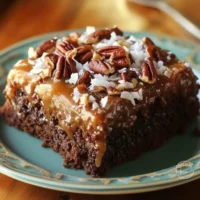
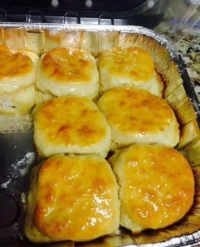
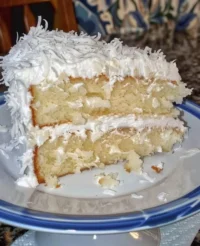

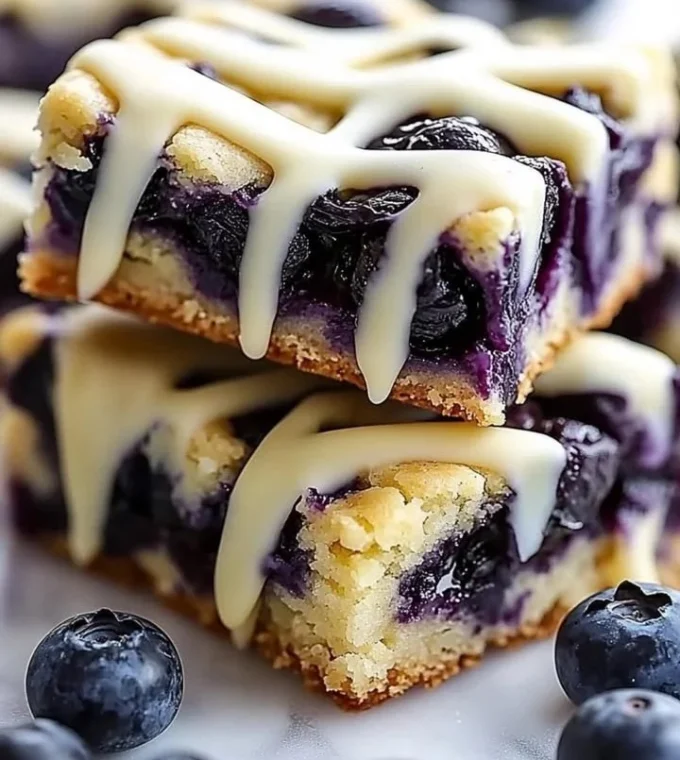
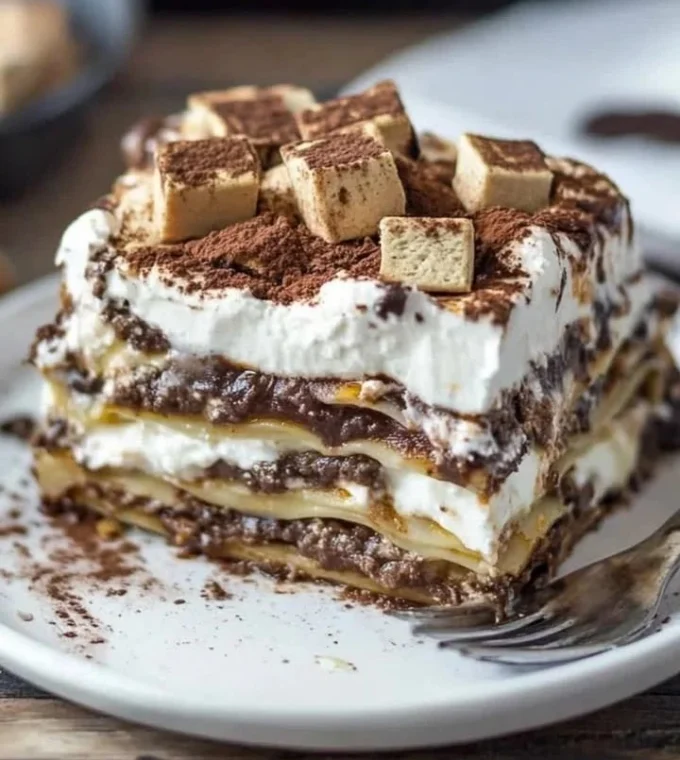

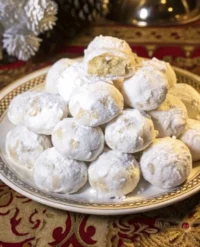

Leave a comment